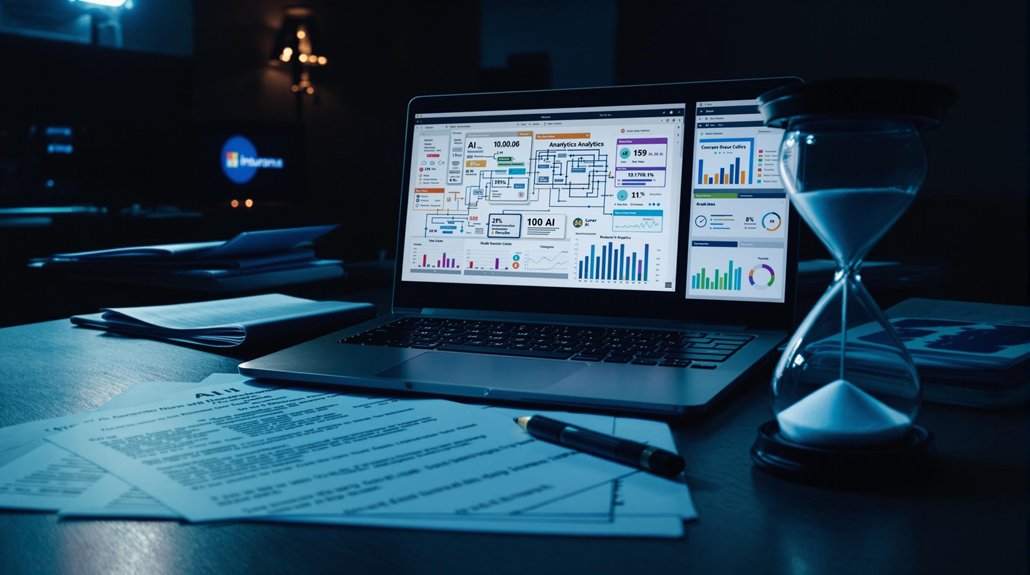Regulators face mounting challenges as AI rapidly expands in health insurance without adequate oversight. While President Biden’s Executive Order 14110 promotes responsible AI use, only 17 states have adopted the NAIC’s model AI bulletin. Insurers face lawsuits over AI-driven claim denials amidst growing concerns about transparency, bias, and data privacy. State lawmakers are proposing varied approaches, from requiring patient consent to banning AI-based discrimination. The regulatory landscape continues to evolve as AI’s role in healthcare decisions grows.
As artificial intelligence transforms the health insurance industry, regulators across the country are racing to catch up. The quick adoption of AI tools is happening much faster than new rules can be created. This gap leaves many worried about how these systems make decisions about people’s healthcare coverage.
The federal government has taken some steps to address these concerns. President Biden’s Executive Order 14110 aims to promote responsible AI use in healthcare. The Centers for Medicare and Medicaid Services has also issued guidelines for AI in Medicare Advantage plans. Meanwhile, Congress has formed a Digital Health Caucus to examine these issues.
At the state level, lawmakers are taking varied approaches. Some states have proposed laws that would ban AI-based discrimination in coverage decisions. Illinois is considering rules that would require patient consent before AI can be used for medical diagnoses. State insurance commissioners are also looking into the risks AI poses in the health sector. Colorado has emerged as a leader by implementing regulations that address algorithm governance in insurance decisions.
State regulators are crafting diverse AI oversight frameworks, from anti-discrimination laws to consent requirements for medical diagnoses.
A major concern is the lack of transparency in how these systems make decisions. Patient advocates are calling for insurers to reveal their algorithms and data sources. Some insurers already face lawsuits over AI-driven claim denials. Critics say humans need to oversee these systems and regular audits should check for problems. Establishing clear accountability frameworks is essential as AI technologies expand their role in healthcare coverage determinations.
Data privacy presents another challenge. AI systems process sensitive health information, raising concerns about security and HIPAA compliance. Insurers must balance using data to improve AI while protecting patient privacy.
Ethical issues also need attention. AI systems may contain racial or socioeconomic biases that could affect coverage decisions. There’s also debate about when human judgment should override AI recommendations. As of October 31, only 17 states have adopted the NAIC’s model AI bulletin to guide insurers on responsible use.
Experts predict more AI-specific regulations will emerge soon. These might include federal standards, requirements for explaining AI decisions, and certification processes for insurance companies using AI.
As the technology evolves, regulators will need to adapt continuously to guarantee AI benefits patients without causing harm.









